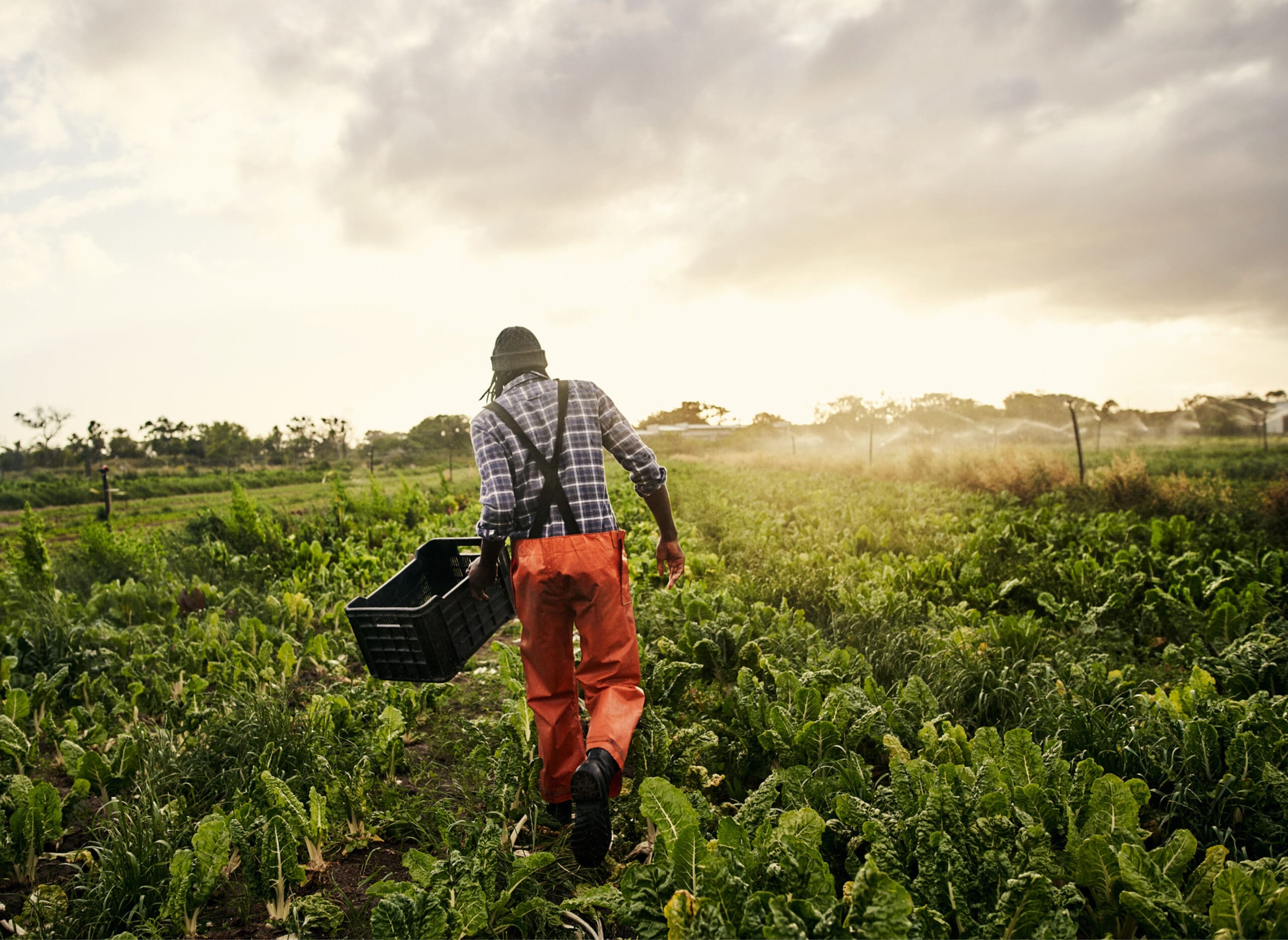READ THE FULL REPORT HERE.
VANCOUVER — The cost of raising a family in British Columbia increased slightly from 2017 to 2018. And if it hadn’t been for reductions in Medical Service Plan premiums and child care costs, the increase would have been higher, says the Living Wage for Families Campaign.
A $20.91 hourly wage is needed to cover the costs of raising a family in Metro Vancouver, up from $20.61 per hour in 2017. This is the hourly wage that two working parents with two young children must earn to meet their basic expenses (including rent, child care, food and transportation), once government taxes, credits, deductions and subsidies have been taken into account. The cost is calculated annually in Working for a Living Wage: Making Paid Work Meet Basic Family Needs in Metro Vancouver, a report published by the Canadian Centre for Policy Alternatives – BC Office, First Call: BC Child and Youth Advocacy Coalition and the Living Wage for Families Campaign.
Living wage rates are also increasing across BC: Capital Regional District ($20.50), Revelstoke ($19.37), District 69 [Parksville-Qualicum] ($17.02), Kamloops ($17.31), Powell River ($17.15), North Central BC [Prince George and Quesnel] ($16.51), Comox Valley ($16.59) and the Fraser Valley ($17.40). Living wage reports for these areas were also released today.
Child care and housing continue to be the two biggest costs in the living wage calculation.
Over the last year, the median rent in Metro Vancouver has gone up by $100 per month, a whopping 6.7 per cent increase. The overall increase in expenses was 1 per cent, lower than the general inflation rate of 2.2 per cent for Metro Vancouver.
Family costs would have been even higher if it wasn’t for two substantial policy interventions by the provincial government: a 50 per cent reduction to MSP premiums and the Child Care Fee Reduction Initiative, implemented April 1 and will result in savings of $900 this year for parents with children between three and five years if their child care provider opts into the program.
“A $20.91 hourly living wage may seem high to some but it is based on a bare-bones budget for a family of four in our region,” says Iglika Ivanova, CCPA senior economist and report co-author. “There’s a big gap between the wages many of our neighbours earn and the real costs of raising a family. About 32 per cent of Metro Vancouver two-parent families with two children had incomes less than the living wage according to the most-recent Statistics Canada data available.”
“Good public policy can positively affect the lives of families,” says Deanna Ogle, Living Wage for Families Campaign organizer. “However, it is clear that without immediate action to tie maximum rent increases to the unit, not the tenant and steps taken to protect existing affordable housing stock that the increasing cost of housing will swamp any other affordability measures that are implemented.”
Over 110 companies and organizations across BC, employing more than 18,000 workers and covering many thousands more contracted service workers, have been certified as Living Wage Employers. These include Huu-ay-aht First Nations, Vancity, the United Way of the Lower Mainland, the City of Quesnel, the City of Port Coquitlam, Urban Solar and PARC Retirement Living. In 2017, the City of Vancouver certified as a Living Wage Employer, and eight other local governments in BC have living wage policies.
Working poverty is a Canada-wide issue. Over 50 communities across the country, including 20 in BC, have active living wage campaigns and are advocating to improve quality of life for low-wage workers.
-30-
For media inquiries, contact: media@policyalternatives.ca.
Background: Living wages across BC
| Community | Living Wage | Year Calculated |
| Metro Vancouver | $20.91 | 2018 |
| Victoria (Capital Regional District) | $20.50 | 2018 |
| Revelstoke | $19.37 | 2018 |
| Fraser Valley | $17.40 | 2018 |
| Kamloops | $17.31 | 2018 |
| Powell River | $17.15 | 2018 |
| Parksville/Qualicum (District 69) | $17.02 | 2018 |
| Comox Valley | $16.59 | 2018 |
| North Central BC (Prince George, Quesnel) | $16.51 | 2018 |
| Clayoquot Sound | $20.11 | 2017 |
| Cowichan Region | $19.05 | 2017 |
| North East BC (Dawson Creek, Chetwyn, Tumbler Ridge) | $18.29 | 2017 |
| Columbia Valley | $18.25 | 2017 |
| Port Alberni/Huu-ay-aht First Nations | $17.56 | 2017 |
| Nelson | $18.42 | 2016 |
| Lower Columbia Region | $18.21 | 2016 |
| 100 Mile House | $17.45 | 2016 |


